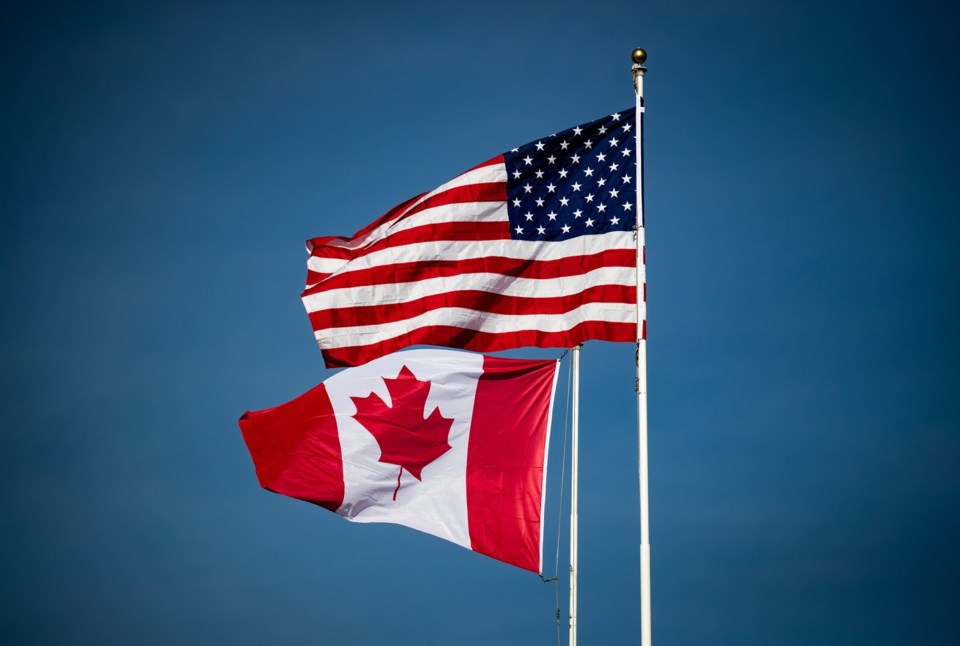TORONTO — More than three-quarters of Canadian startups believe tariffs will impact their business, a new report found.
The survey of more than 175 ventures linked to Ontario tech hubs MaRS and Communitech found 38 per cent expect a direct impact as a result of the tariffs, while 38 per cent anticipate indirect effects.
The survey was completed between February 10 and March 10, when U.S. President Donald Trump was making a flurry of tariff threats. Some never came to fruition or were delayed, while others, like 25 per cent tariffs on Canadian steel and aluminum, were eventually implemented. Additional measures are expected on Wednesday.
For Canadian companies, keeping up with Trump's whims has been dizzying and at times confusing. Many have decided to take action to protect their companies, whether he makes good on his threats to target their industries or not.
"The threat of U.S. tariffs is forcing Canadian founders to rethink growth strategies and explore alternative markets," said MaRS CEO Grace Lee Reynolds in a statement. "This is a critical moment for Canada to strengthen its innovation ecosystem and create new pathways for global growth."
Startups affiliated with Toronto-based MaRS and Waterloo, Ont.'s Communitech stand to be impacted by the tariffs because some of their hardware and products cross the border. Even those with digital-based products like software benefit from the U.S., where they derive many sales.
The tech hubs' research showed 70 per cent of the startups they surveyed generated U.S. revenue in 2024 and 41 per cent foresaw a direct hit to their 2025 revenue if proposed tariffs were imposed.
Sollum Technologies, a Montreal-based company selling lighting to greenhouses, said in the report that it was already noticing softer demand as buyers put off investing in new equipment.
“It’s a completely understandable response, but one that ultimately impacts everyone involved,” Sollum's CEO and co-founder Louis Brun said in the report.
While some companies haven't seen a shift in demand, the MaRS and Communitech survey found 58 per cent of respondents are worried about sourcing materials from across the border or stabilizing their supply chains.
Twenty-six per cent of ventures are reassessing international expansion plans, with the U.K., EU and Asia reaping the benefits.
CERT Systems, a Toronto-based company manufacturing chemicals without fossil fuels, told The Canadian Press last month that it gets some of its equipment, like pumps and valves, from the U.S.
"It's very convenient to get things from the U.S. often because there's not as many local suppliers," said Alex Ip, co-founder and CEO.
"We could probably find alternatives, but they might not come in as quickly as we want, and they might need to ship it from elsewhere."
In that scenario, Ip thinks tariffs would likely see CERT burn through more cash.
He was also bracing for the tariffs to weigh on investors, who started asking CERT what Trump would mean for their business after his January inauguration.
"It's created a lot of uncertainty in the fundraising space," Ip said.
"Hopefully, we can all get some clarity soon because we all need to keep moving forward and we don't want it to be holding things up, but unfortunately, it's not up to us and it's not up to the venture capitalists."
This report by The Canadian Press was first published April 1, 2025.
Tara Deschamps, The Canadian Press



